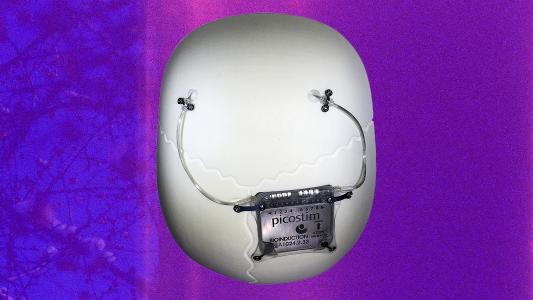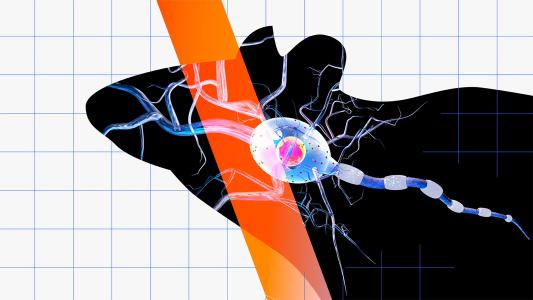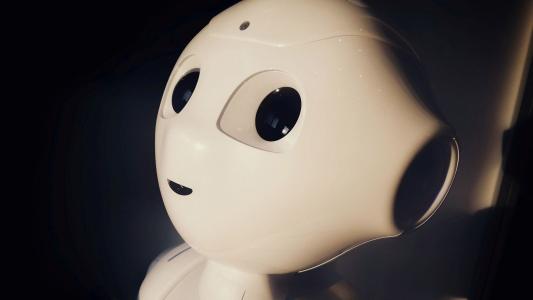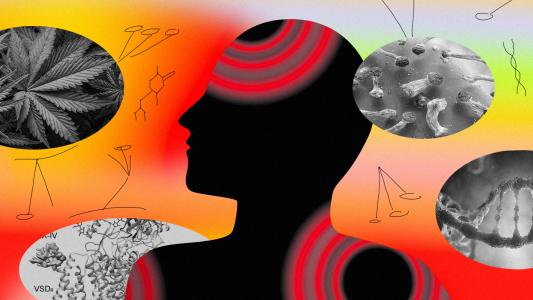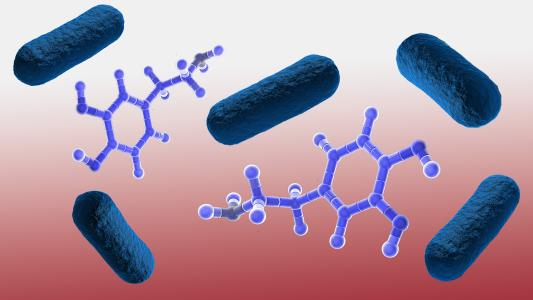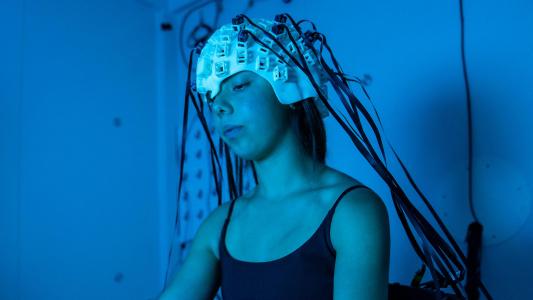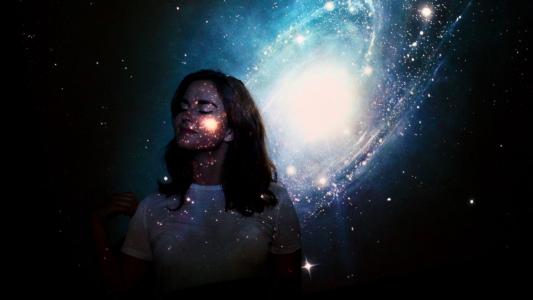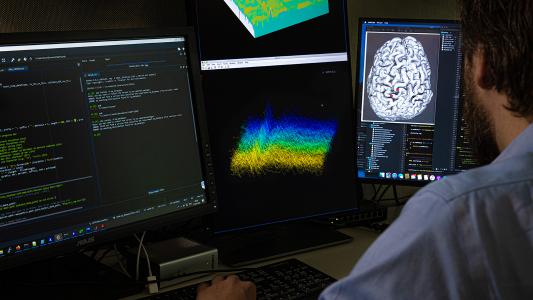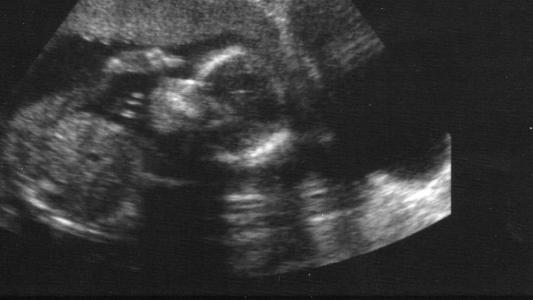Neuroscience
World’s smallest DBS device reverses Parkinson’s symptoms
An ultra-small deep brain stimulation (DBS) device could increase the number of Parkinson’s patients to receive the powerful treatment.
Stanford scientists can control specific brain cells at a distance
Using infrared light and a Nobel Prize-winning molecule that detects chili pepper heat, researchers can control brain cells from a distance.
Does this artificial intelligence think like a human?
A new technique compares the reasoning of a machine-learning model to that of a human, so the user can see patterns in the model’s behavior.
Psychedelics, brain implants, and the future of chronic pain relief
The future of chronic pain relief could include psychedelics, gene therapies, brain implants, and other cutting-edge alternatives to opioids.
Probiotic gut bacteria can produce a vital Parkinson’s drug
L-DOPA is a miraculous Parkinson’s drug with terrible side effects. Researchers have created drug-producing bacteria that may help.
Death: how long are we conscious for and does life really flash before our eyes?
Seeing one’s life flashing before one’s eye might be our ultimate attempt – however desperate – to find meaning in our lives.
In a hole in Earth’s magnetic field, neuroscientists are peering into the human brain
By using quantum physics to measure magnetic fields, researchers are pushing closer to measuring the brain in ways we couldn't before.
AI maps psychedelic “trip” experiences to regions of the brain – opening new route to psychiatric treatments
To better understand how these effects manifest in the brain, we analyzed over 6,000 written testimonials of hallucinogenic experiences.
Brain implant lets man with locked-in syndrome share thoughts
A man with total locked-in syndrome has used a brain-computer interface to spell out sentences with his mind.
Mammals dream about the world they are entering even before birth
A study finds that baby mammals dream about the world they are about to experience to prepare their senses.
